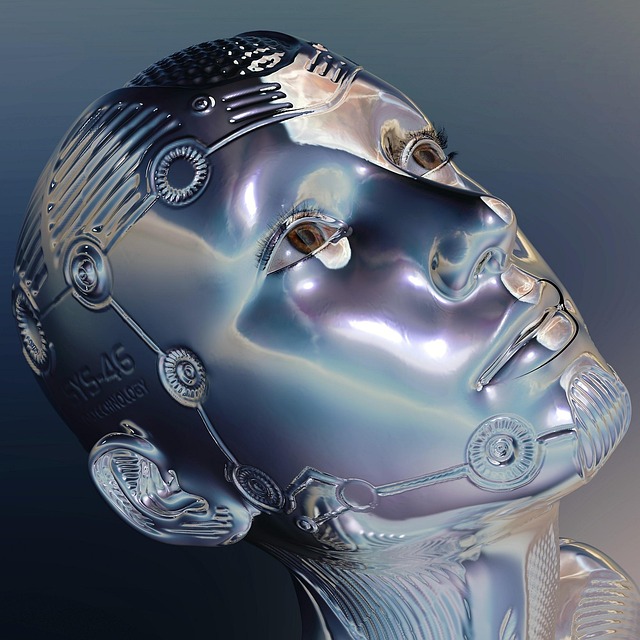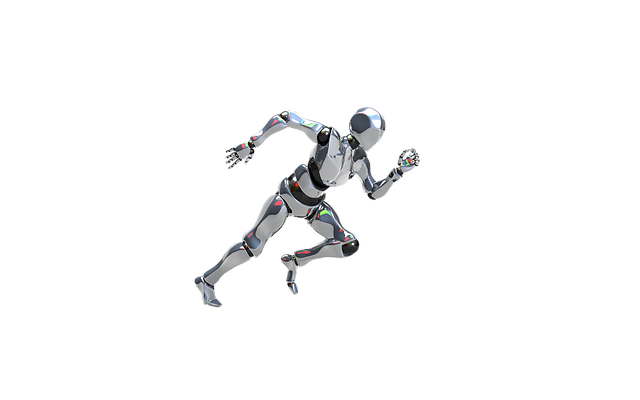
Artificial Intelligence: Transforming Our World
Artificial Intelligence (AI) is revolutionizing various aspects of our lives, from healthcare and education to transportation and entertainment. This comprehensive guide delves into the multifaceted world of AI, examining its definitions, applications, ethical considerations, and future prospects.

What is Artificial Intelligence?
Artificial Intelligence refers to the simulation of human intelligence in machines that are programmed to think, learn, and problem-solve. These systems can perform tasks that typically require human intelligence, such as understanding natural language, recognizing patterns, and making decisions.
Types of Artificial Intelligence
AI can be categorized into three main types:
-
Artificial Narrow Intelligence (ANI):
- Description: AI systems designed to perform a specific task or a narrow range of tasks.
- Examples: Facial recognition software, voice assistants like Siri and Alexa.
-
Artificial General Intelligence (AGI):
- Description: Hypothetical AI systems with the ability to understand, learn, and apply knowledge in a manner similar to human beings.
- Current Status: AGI remains a theoretical concept and has not yet been achieved.
-
Artificial Superintelligence (ASI):
- Description: AI that surpasses human intelligence across all fields, including creativity, problem-solving, and social interactions.
- Future Outlook: The development of ASI raises significant ethical and existential questions.
Applications of Artificial Intelligence
AI's versatility has led to its integration across various sectors:
Healthcare
- **Medical Imaging:**AI algorithms analyze medical images to detect diseases like cancer at early stages. -**Drug Discovery:**AI models predict molecular behavior, accelerating the development of new medications.
Transportation
-**Autonomous Vehicles:**Self-driving cars use AI to navigate and make real-time decisions, potentially reducing accidents and traffic congestion. -**Traffic Management:**AI systems optimize traffic flow, reducing travel times and emissions.
Education
-**Personalized Learning:**AI-driven platforms adapt educational content to individual learning styles and paces. -**Administrative Automation:**AI streamlines administrative tasks, allowing educators to focus more on teaching.
Entertainment
-**Content Recommendation:**Streaming services like Netflix and Spotify use AI to suggest movies, shows, and music based on user preferences. -**Game Development:**AI creates responsive and challenging non-player characters (NPCs) in video games.
Ethical Considerations in AI
As AI becomes more integrated into society, ethical concerns arise:
Bias and Fairness
-**Algorithmic Bias:**AI systems can perpetuate existing biases present in their training data, leading to unfair outcomes. -**Mitigation Strategies:**Developers must implement techniques to identify and reduce bias in AI models.
Privacy and Security
-**Data Privacy:**AI systems often require vast amounts of personal data, raising concerns about user privacy. -**Cybersecurity Risks:**AI can be exploited to create sophisticated cyber-attacks, necessitating robust security measures.
Employment Impact
-**Job Displacement:**Automation through AI may lead to job losses in certain sectors. -**Job Creation:**Conversely, AI can create new job categories and industries, requiring a shift in workforce skills.
The Future of Artificial Intelligence
The trajectory of AI development presents both opportunities and challenges:
Technological Advancements
-**Quantum Computing:**Combining AI with quantum computing could exponentially increase processing power, enabling more complex problem-solving. -**AI in Space Exploration:**AI assists in analyzing data from space missions, aiding in the search for extraterrestrial life.
Societal Impact
-**Global Challenges:**AI has the potential to address issues like climate change, poverty, and global health crises. -Regulation and Governance: Establishing international standards and regulations will be crucial to ensure AI benefits society while mitigating risks.
Conclusion
Artificial Intelligence is a transformative force reshaping our world. While it offers unprecedented opportunities, it also presents significant challenges that require careful consideration and responsible development. By understanding AI's capabilities and implications, we can harness its potential for the betterment of society.
For more in-depth articles and updates on AI, visit The Guardian's Artificial Intelligence Section.

Note: The information provided in this blog post is based on current knowledge and may evolve as AI technology advances.